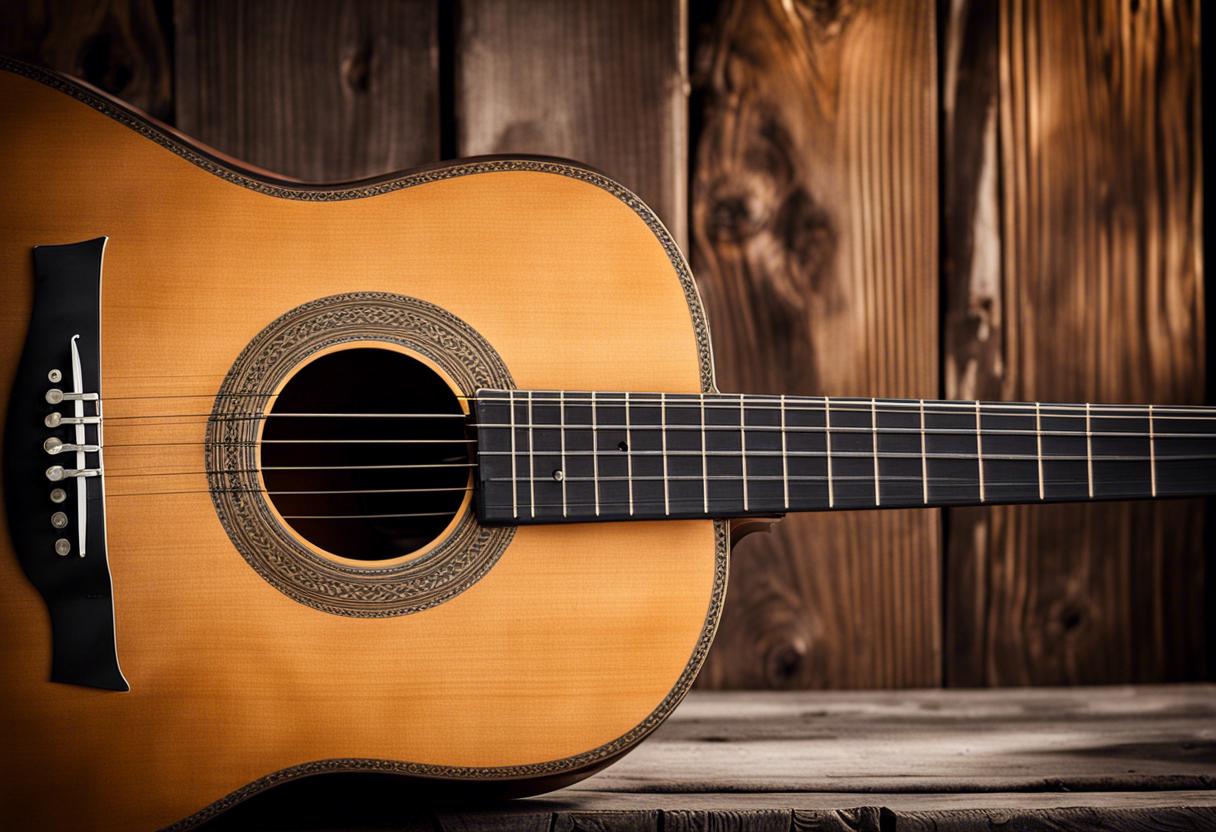Dave Grohl, the lead vocalist for the long-standing hard rock band Foo Fighters, threw a proverbial punch at Taylor Swift’s highly successful Eras tour during a concert in London last weekend. Describing his own band’s performances as “the errors tour,” Grohl jokingly pointed out their occasional slip-ups due to them actually performing live. An exaggerated “whaaat?” hinted that he was entirely conscious of the fact his comments would quickly spread online and ignite social media platforms.
Swift appeared to respond to Grohl’s jibes the next day in Wembley, announcing to her fans that her band would be playing live for them for “three-and-half hours tonight”. It’s not the first time a certain generation of rock musicians have thrown shade at Swift’s authenticity as an artist. Damon Albarn, of Blur and Gorillaz fame, suggested in an interview with the LA Times two years back that Swift does not pen her own music. When reminded that she co-authors her tracks, Albarn retorted dismissively, “That doesn’t count.”
This kind of pop music elitism has been prevalent for years. Iconic groups like Abba were largely detested by music journalists. A Rolling Stone review of their first Greatest Hits album disparagingly called their music “shrill voices without regard to emotion or expression.” Critics also ridiculed Madonna at her zenith, another Rolling Stone journalist criticising her 1983 debut album for its repetitive “girlish hiccup”.
Indeed, these attitudes weren’t exclusive to the press. Former lead singer of The Smiths, Morrissey, made scathing comments about Madonna in 1997, criticising everything he found absurd and offensive about her. He later expressed disapproval of her successful career and condemned the Brit awards for inviting her to put on a show.
Morrissey is not alone in tearing down pop celebrities. Liam Gallagher, from Oasis, likened Florence Welch’s voice – who sings alongside Swift on her latest album, The Tortured Poets Department – to what one might sound like if they had “someone’s stood on her f**king foot”. In an equally harsh critique, Mark E Smith, the deceased lead singer of niche alternative band The Fall, likened Ed Sheeran to a mediocre singer-songwriter you might chance upon in a charity shop.
Smith expressed his disagreement in 2014 with the renewed appreciation of Kate Bush, attributing it to radio presenters raiding their parents’ music collection and decreeing her revival. Since then, the next ten years have seen a significant shift in public opinion. Apple Music’s recent ranking of the top 100 albums ever included a significant number of pop albums, including Michael Jackson’s ‘Thriller’, Billie Eilish’s ‘When We All Fall Asleep, Where Do We Go?’ and Taylor Swift’s latest remake of her 1989 album, affirming popular music as a form of art as legitimate as rock.
Therefore, it is disheartening to hear personalities like Grohl and Albarn undermine Swift for not performing live or for collaborating with other artists — a practice Albarn himself partakes in with Blur and Gorillaz. Their criticisms reflect an insidious trend in music known as “rockism”, a prejudice favoring rock artists as bearers of a sacred torch and belittling pop as being fluffy, transient, and unworthy of serious attention. This viewpoint was outlined in a New York Times article from 2004, which described rockism as a tendency to praise the undisputed old legend and undervalue the emergent pop star.
However, such biases appear ludicrous when considering the full span of an artist’s career, such as Swift’s. Similar to Bruce Springsteen, her discography offers a continuously evolving exploration. Springsteen’s journey ranges from ‘The River’ and ‘Nebraska’ to ‘Born in the USA’ and ‘Letter to You.’ Simultaneously, Swift’s fanbase has witnessed her transition from shiny country albums like ‘Fearless’ and ‘Speak Now’ — which initially earned her a skeptical reception from the Nashville scene — to newer works like ‘Midnights’ and ‘The Tortured Poets Department.’
Pop music, though often celebrated at mainstream award events like the Grammys and the Brits, finds itself less represented at more niche award ceremonies. The UK’s Mercury Music Prize, for example, has mostly rewarded non-pop artists, with exception of Arlo Parks, a London-based musician. Yet, there are exceptions, with Ireland’s Choice Music Prize breaking stereotypes and recognising the work of a country-pop musician, Ciara Mary-Alice Thompson or CMAT, in 2022 by giving her the award for the best Irish LP.
Overall, we’ve noticed a dwindling preference for rock music artisans over recent decades, due mainly to a decline in rock stars. Many of the industry’s revered artists are at retirement’s doorstep, even the ‘younger’ generation of rockstars like Brandon Flowers (The Killers) and Chris Martin (Coldplay) are in their 40’s, possibly past their creative peak.
On the contrary, pop artists are dominating the scene. As of 2023, Harry Styles has made a milestone as the third pop singer, after Madonna and Robbie Williams, to headline at Slane. The increasing phenomenon of pop music dominating large venues raises queries about the relevance of stadium rock, particularly as pop musicians seem to be the only ones able to attract a sizeable crowd.
Whether rock music can manage a resurgence remains uncertain. It is, however, explicit from Grohl and Albarn’s commentary that the older generation rock enthusiasts are finding it difficult to accept the new musical landscape where pop reigns and rock takes a back seat.

